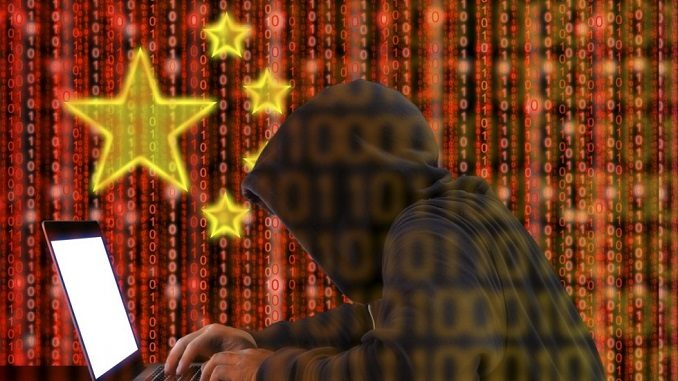
On the margins of the 2018 United Nations General Assembly, U.S. President Donald Trump issued an explosive claim, alleging that China was engaging in a campaign to influence the outcome of U.S. elections as retribution for his prosecution of the trade war, Foreign Policy informed.
Although the Trump administration has yet to provide specific information to back up these accusations, Beijing’s aggressive overseas influence campaigns are well known among China watchers – and following recent scandals in Australia, Cambodia, and New Zealand, and growing reports of interference efforts in the United States, there is a strong set of circumstantial evidence giving credence to the President’s claims.
However, circumstantial evidence is not enough, and the American public needs a thorough and honest accounting of the scope and nature of China’s current influence operations—especially as they relate to the 2018 midterm elections.
Under President Xi Jinping’s leadership, the United Front—the Chinese Communist Party’s primary tool for shaping public influence—has become an increasingly important component of China’s toolkit. Relying on deceptive elements, such as masking organizations’ connections to the official Communist apparatus, the United Front perpetrates targeted, low-intensity information operations designed to shape influential individuals’ perceptions of the CCP’s goals and objectives.
With a dual domestic and foreign mandate, the United Front supports civil society entities, such as the China Overseas Friendship Association, to increase the international profile of some of the CCP’s most pernicious goals, FP analyzes.
The United Front is placing a renewed emphasis on special initiatives designed to co-opt and potentially subvert ethnic Chinese individuals who are citizens of other nations. In countries such as Australia and Singapore, these initiatives have sparked internal debates about the dangers associated with racial profiling.
In the United States, this co-opting through initiatives such as the Thousand Talents Program is resulting in powerful business implications, including the loss of key intellectual property, for some of the country’s leading corporate giants. In all cases, it is clear that the CCP’s view of ethnic Chinese citizens as extensions of their own apparatus fragments democratic, multicultural societies in a way beneficial to the party.
China’s state-owned media outlets, such as Xinhua and China Global Television Network, also shape foreign perceptions of the country by generating tailored pro-CCP content designed to appear as unbiased news. The spark behind Trump’s ire—a paid insert in a U.S. newspaper, the Des Moines Register—was published by China Daily, a Chinese state-affiliated newspaper. The decision to target Iowa was not a coincidence, since the state is U.S. Ambassador to China Terry Branstad’s home state, it frequently swings between Republicans and Democrats, and its residents are highly sensitive to fluctuation in agricultural prices.
But China’s influence campaign is still very different from the type Americans are most familiar with: the directed, purposeful Russian interference in the 2016 presidential election. In contrast to the Russian effort, which was designed to elevate a U.S. candidate whom the Kremlin perceived as more favorable to Russian interests, Chinese interference is played with the long game in mind.
Their actions are highly targeted, diffuse, and scoped to sway individual Americans who the Chinese perceive have sufficient influence to shape U.S. policy. This is distinct from legal lobbying activities, which involve retaining registered, professional firms that publicly disclose their activities. Instead, United Front activities seek to shape the perceptions and incentive structures of powerful businesspeople and companies, enlisting them as advocates for China’s preferred positions through irregular means, such as bribery, information distortion, and coercion.
However, Beijing struck back on the allegations on Friday, saying that latest U.S. remarks were “unwarranted accusations against China’s domestic and foreign policies and slandered China by claiming that China meddles in U.S. internal affairs and elections,” CNBC added.
“This is nothing but speaking on hearsay evidence, confusing right and wrong and creating something out of thin air. The Chinese side is firmly opposed to it,” Chinese foreign ministry spokeswoman Hua Chunying said in a statement on Friday.
Although U.S. officials have criticized aspects of Chinese policies, Vice President Mike Pence’s remarks on Thursday were the first time that a senior official had delivered a broadside against China across such an extensive array of issues.




Be the first to comment